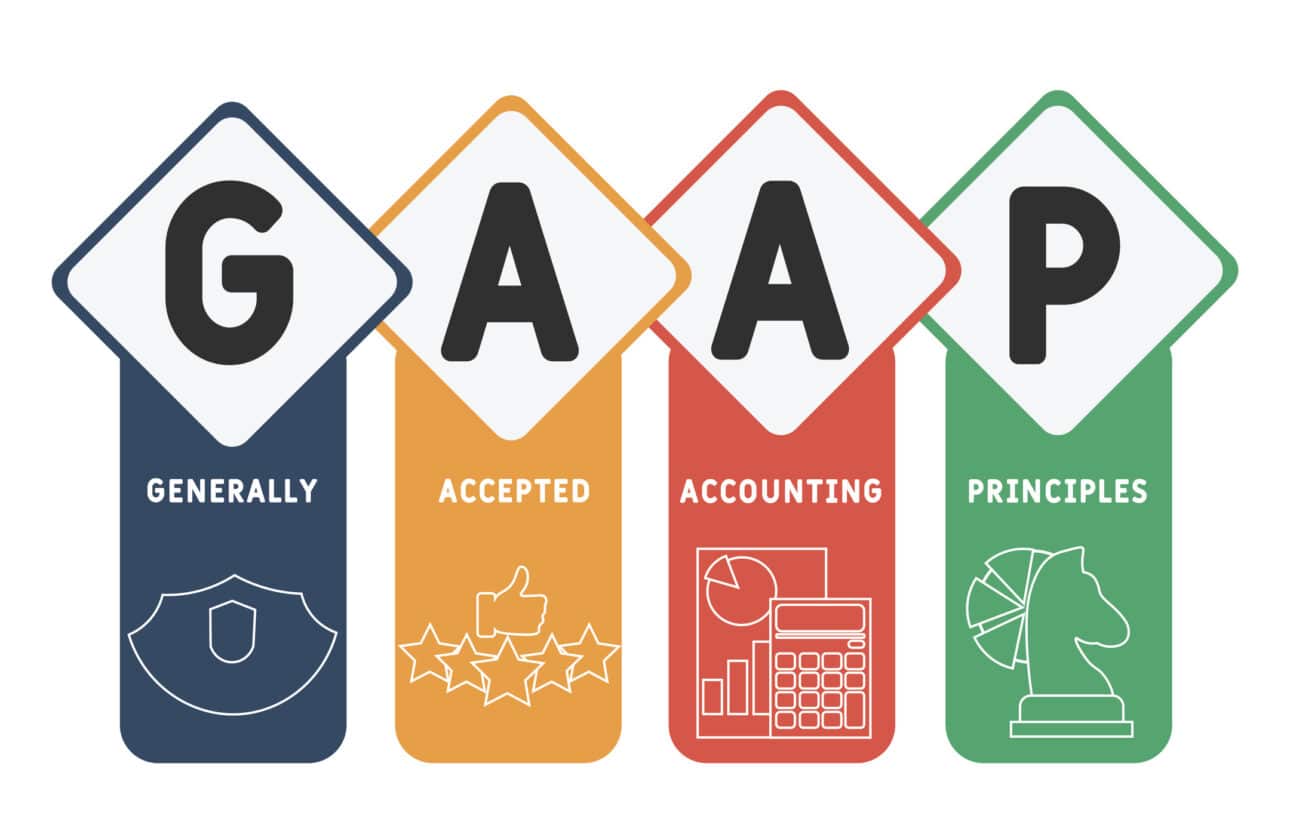
GAAP and Why It May be Important to Your Organization’s Success


GAAP, or Generally Accepted Accounting Principles, are a set of uniform procedures and practices for financial accounting and reporting to ensure consistency and comparability across different periods and different entities.
GAAP were developed jointly by the Financial Accounting Standards Board (FASB) and the Governmental Accounting Standards Board (GASB) and apply to all for-profit, non-profit and governmental organizations; however, not all organizations are required to produce financial statements that comply with GAAP.
GAAP specifies how an organization presents its balance sheet and the results of its operations and ensures easy comparability – enabling interested parties to look at two sets of books from two different periods or two different organizations and compare them apples to apples.
GAAP stipulates the following:
When businesses first start out, the focus is usually on operations. Leaders want to understand how much money they have, how much they owe others, how much product they have on hand, etc. As they grow, external parties often need this same information.
Though reporting your financials under GAAP is not mandatory, it can be beneficial, especially if you may need to raise capital or prepare for other transactions in the future – or if you, one day, plan to take your business public.
Here are some real-life examples of how GAAP may benefit you:
So, if you’re ready to move to the next level and begin using GAAP for your accounting records, contact us today.
In the meantime, discover the 10 benefits of outsourcing your accounting and bookkeeping activities.
And check out this case study to discover why one of our customers needed to transition to GAAP for its accounting records.